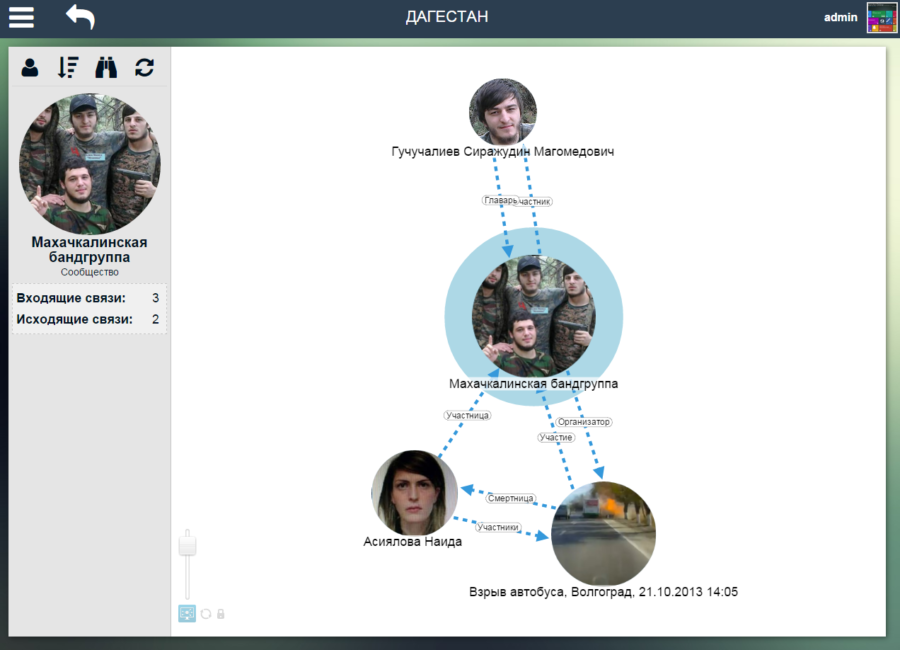In December 2022, Meta, the company that owns the social networks Instagram, Facebook, and the messenger WhatsUp, published a threat report titled Threat Report on the Surveillance-for-Hire Industry. In particular, it discusses remote fake accounts that belonged to various companies worldwide.
What are fake accounts on social networks used for?
Typically, fake accounts are used to search for and view people’s profiles and other publicly available information. These fake accounts may be managed by a service provider for their clients or managed by the clients themselves using software provided by the surveillance service firm.
Meta has removed a number of such firms providing these types of services, including a New York-based company named Social Links, an Israeli company named Cyber Globes, a Russian company named Avalanche, and an unnamed company in China.
In addition, the report stated that over 100 accounts on Facebook and Instagram belonging to the company Avalanche were removed. These accounts were selling access to a platform that allows online reconnaissance. The platform gathers data from traditional media, social networks, and other websites on behalf of its clients in Russia and beyond. Targets of this network included Vietnamese activists and environmental activists, politicians, media, and non-governmental organizations (NGOs) in the USA, Nicaragua, Russia, and Ukraine.
Meta did not mention any instances of this company targeting Belarusian activists, politicians, or organizations.
The Avalanche system, which falls into the category of competitive intelligence systems, was developed by the consortium “Inforus”. Its creator is retired FAPSI lieutenant colonel, a subdivision of the FSB, Andrey Masalovich, also known by the nickname “CyberDed”.

By the way, last year he published a book titled Andrey Masalovich: CyberDed Knows. Instructions for prospering in turbulent times from an internet reconnaissance veteran, which was eagerly anticipated by Belarusian readers from various security services.
The system consists of several parts: the Avalanche Online internet monitoring platform, the Lavina Pulse situation center. Among the problems it solves are real-time social media trend monitoring, big data analysis and forecasting, early-stage critical event detection, company and leak information field monitoring, graph analysis and visualization of large volumes of data. These systems are actively used by various Russian state services, including all sorts of special services.

As described by the Russian edition of Forbes back in 2015, one of the system’s components is:
A family of tracking robots that monitor “sighted” resources. For example, a local opposition was causing trouble for the owners of a metallurgical plant in the Middle Urals, periodically staging strikes, hunger strikes or road blockages. The plant management wanted to know about these actions in advance. First off, Masalovich “sighted” the sources that Avalanche follows — sites where compromising material is published, social networks and forums where disloyal employees and journalists express their opinions. In the case of the plant, there were two sources: compromising material on the plant management was posted on one of the sites, and opposition plans were discussed on a forum thread. Having set up Avalanche, Masalovich’s team prepared an advance report forecast for the plant management.
A detailed example with illustrations of how Avalanche can be used to target activists, bloggers was examined in this publication.

Let’s return to fake accounts.
Here’s an example of what a fake account trying to add you as a friend might look like:

Notice that all three profile pictures are of completely different women. Often, users’ behavioral habit is that if the account requesting to be your friend is already among your other friends, then you should add this account to your friends as well.
Naturally, if such an account is in your friends list, it can access all the posts of your real friends that are made available as “Friends Only”. By adding unverified friends, you expose not only yourself, but also your close friends and relatives to potential harm and persecution.
Social network users: be vigilant about who is trying to add you as a friend!



